We may earn money or products from the companies mentioned in this post. This means if you click on the link and purchase the item, I will receive a small commission at no extra cost to you ... you're just helping re-supply our family's travel fund.
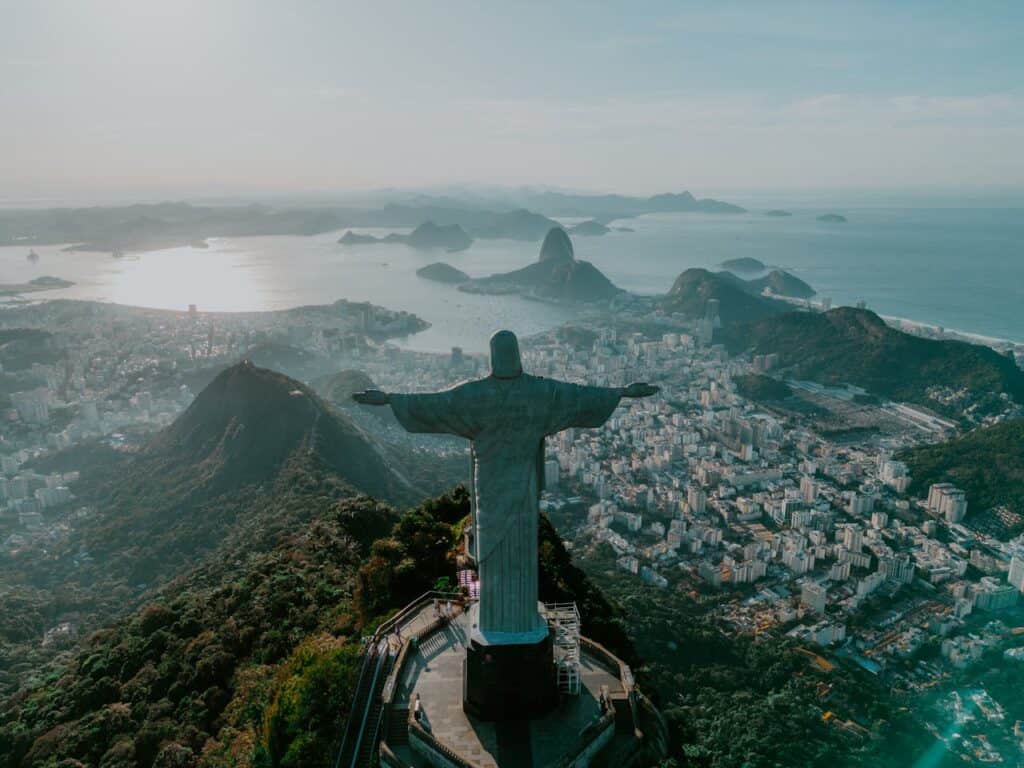
Some cities do more than host millions of people. They set the rhythm of global culture, influence politics, fuel creativity, and create trends that ripple across continents. From fashion capitals to technology hubs, these cities are where ideas are tested, adopted, and spread. Their impact stretches far beyond their borders, shaping everything from art and architecture to food and entertainment. Here are 15 countries with cities that continue to leave their mark on the world stage.
1. United States – New York City

New York City is a cultural powerhouse that often feels like the stage of the world. Broadway sets global standards for theater, while Wall Street drives finance and economic policy far beyond the country’s borders. The city’s fashion week influences what people wear across continents, and its art museums are considered benchmarks for modern and classic works alike. With its unmatched diversity, nearly every global cuisine finds a home here. Music scenes from jazz to hip hop took root in the city before spreading worldwide. The constant mix of languages, traditions, and creative ideas makes New York a hub that keeps rewriting global culture year after year.
2. France – Paris
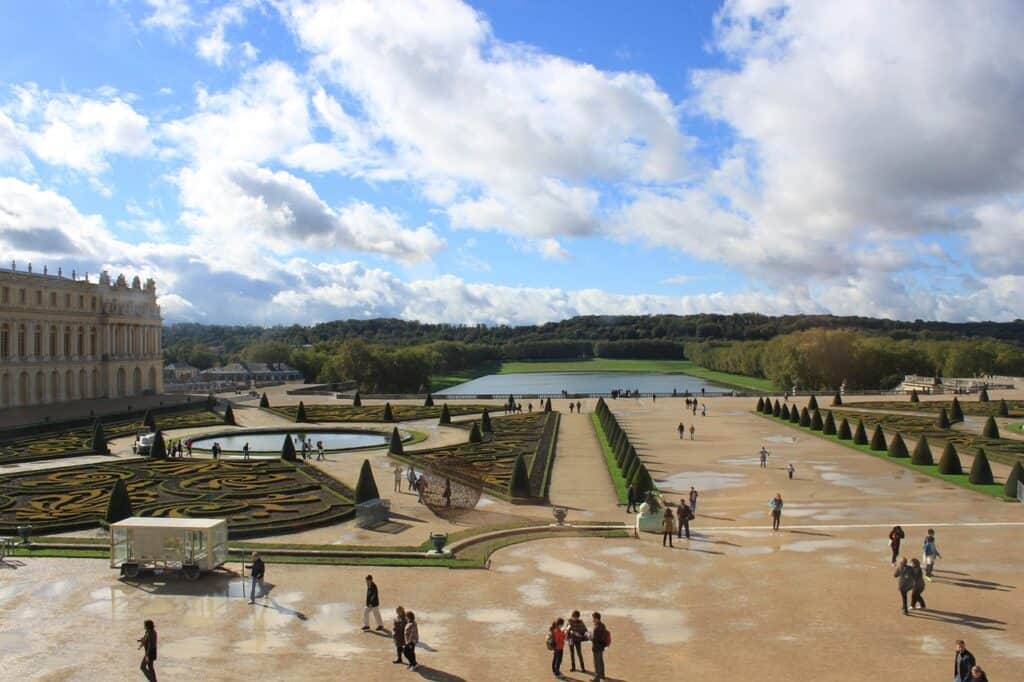
Paris is more than a postcard city. Its streets, lined with centuries of history, also dictate the future of style and art. Fashion weeks here remain some of the most important events in the global calendar, and its luxury houses define elegance across the world. Beyond fashion, the city’s role in art and cinema is unmatched, with institutions like the Louvre and the legacy of the Nouvelle Vague shaping creative industries everywhere. Parisian café culture has influenced urban lifestyles worldwide, while its culinary traditions are imitated and reinterpreted in countless kitchens. Paris is where heritage and innovation meet, and the cultural impact rarely fades.
3. United Kingdom – London
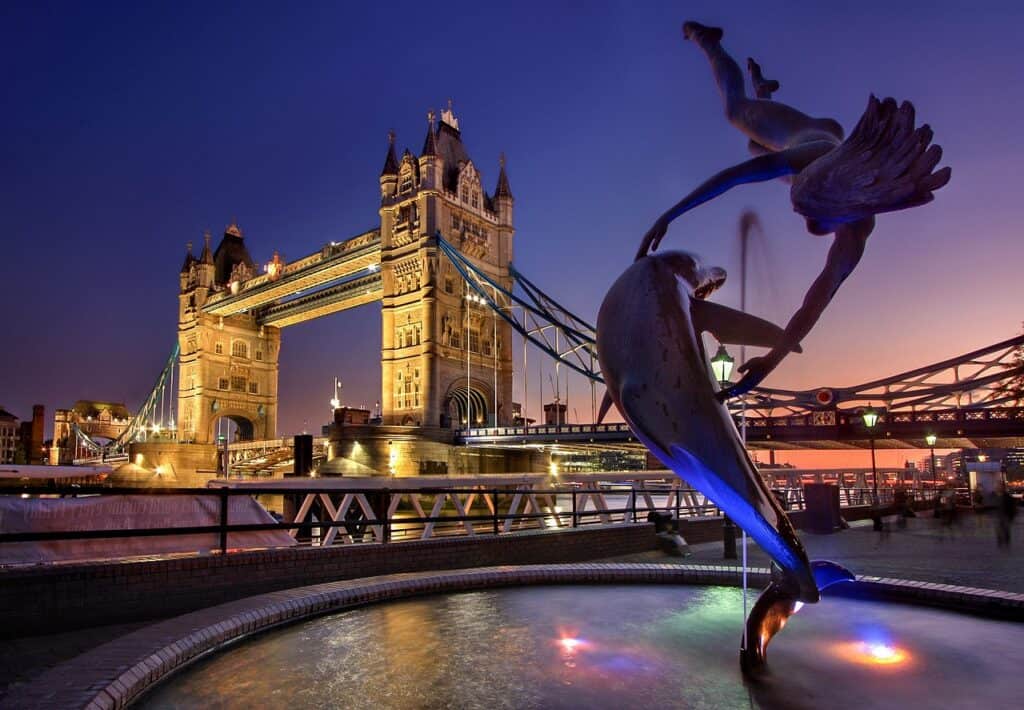
London blends tradition with modernity in ways few cities can manage. The monarchy and its pageantry provide a cultural anchor, while London’s theaters, like those in the West End, rival Broadway. Music from The Beatles to contemporary pop icons has made London a consistent source of global hits. The city also drives conversation in fashion, hosting one of the world’s most forward-thinking fashion weeks. Its financial district, with the London Stock Exchange, continues to influence global markets. London also acts as a hub for media and education, home to institutions that shape global thought. It remains one of the world’s most layered cultural capitals.
4. Italy – Rome
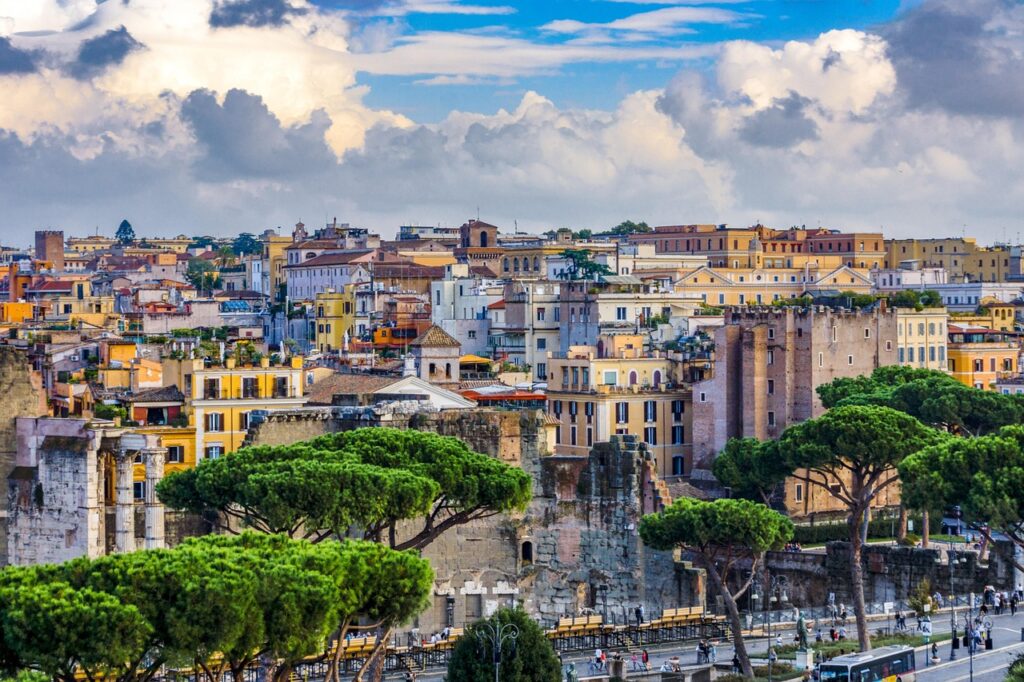
Rome’s legacy is rooted in the foundations of Western civilization, but the city continues to carry weight in today’s culture. Its ancient ruins and architectural wonders remind the world of its influence on law, politics, and urban planning. The Vatican makes Rome a center for global religion, with decisions made there affecting millions worldwide. The city also anchors Italian identity through food, design, and lifestyle that spread internationally. Rome’s cinematic history, from classic films to modern productions, reinforces its place as a cultural landmark. While steeped in history, Rome also represents resilience, constantly influencing how the past and present connect.
5. Japan – Tokyo
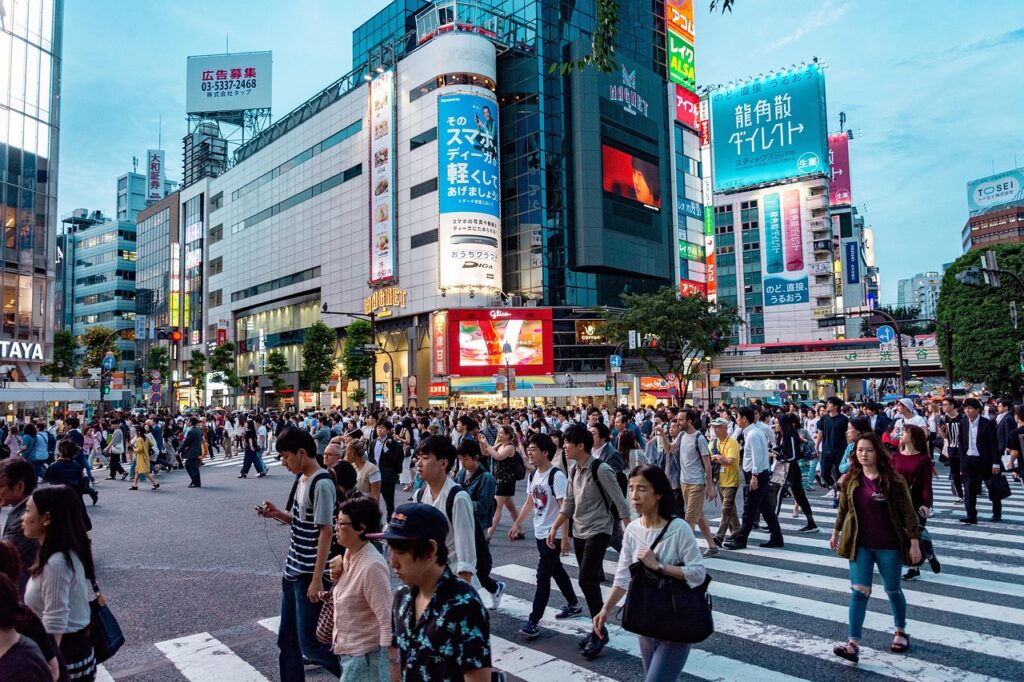
Tokyo has long balanced tradition with futuristic innovation. It sets global standards in technology, gaming, and design while also preserving cultural practices like tea ceremonies and traditional theater. Its fashion districts, from Harajuku to Shibuya, influence street style worldwide, often inspiring entire subcultures abroad. Tokyo cuisine, from sushi to ramen, is now part of global dining habits, shaping how people think about food. The city’s role in anime and manga exports has created a massive international fan base, making Tokyo one of the most culturally influential cities. Its mix of discipline, creativity, and forward-thinking innovation continues to shape trends everywhere.
6. China – Beijing
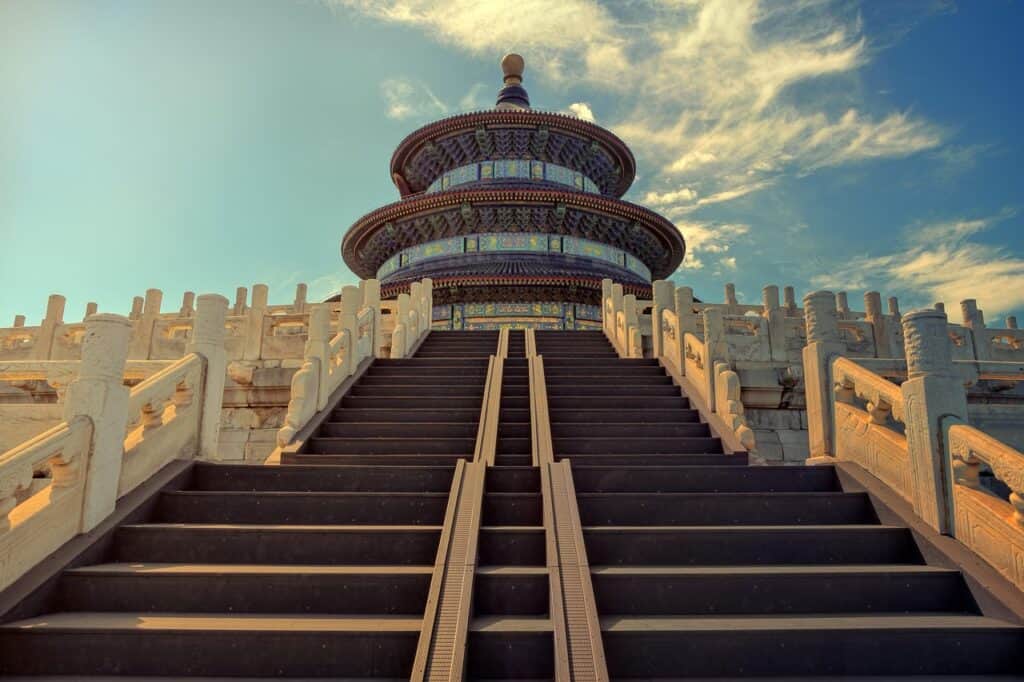
Beijing carries both political and cultural influence. As the capital, it directs national policy with global consequences, but its cultural footprint is just as striking. The Forbidden City and Great Wall remind the world of China’s long history, while its art and cinema shape perceptions abroad. Beijing has become a hub for contemporary art, with galleries and festivals that push modern Asian creativity into the international spotlight. The city’s cuisine, from Peking duck to street food, has spread worldwide. Combined with its political role, Beijing is both a symbol of China’s past and a driver of its global cultural presence.
7. Germany – Berlin
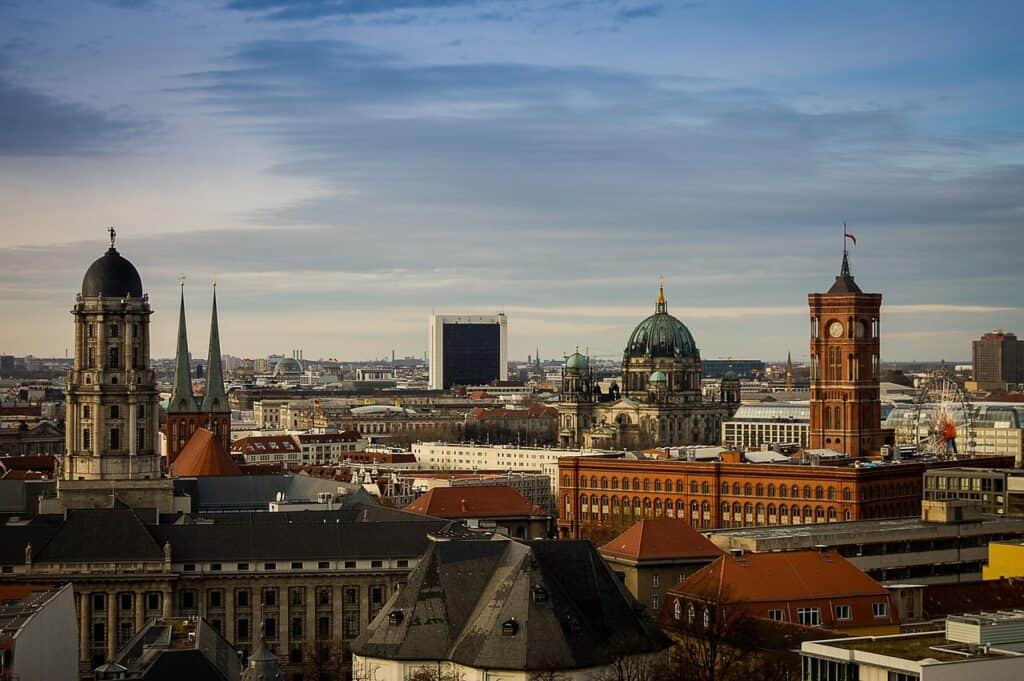
Berlin is a city where history is still visible, yet creativity constantly reshapes the present. Once divided, it has transformed into a symbol of unity and progress. Berlin’s underground music and club scene is world-renowned, influencing electronic music globally. Its art culture, from massive galleries to independent collectives, makes the city a magnet for creatives. Street art here is not only tolerated but celebrated as part of the city’s identity. Berlin also plays a role in political discussions within Europe, adding to its cultural influence. It is where resilience and reinvention define a city that inspires beyond its borders.
8. Spain – Barcelona
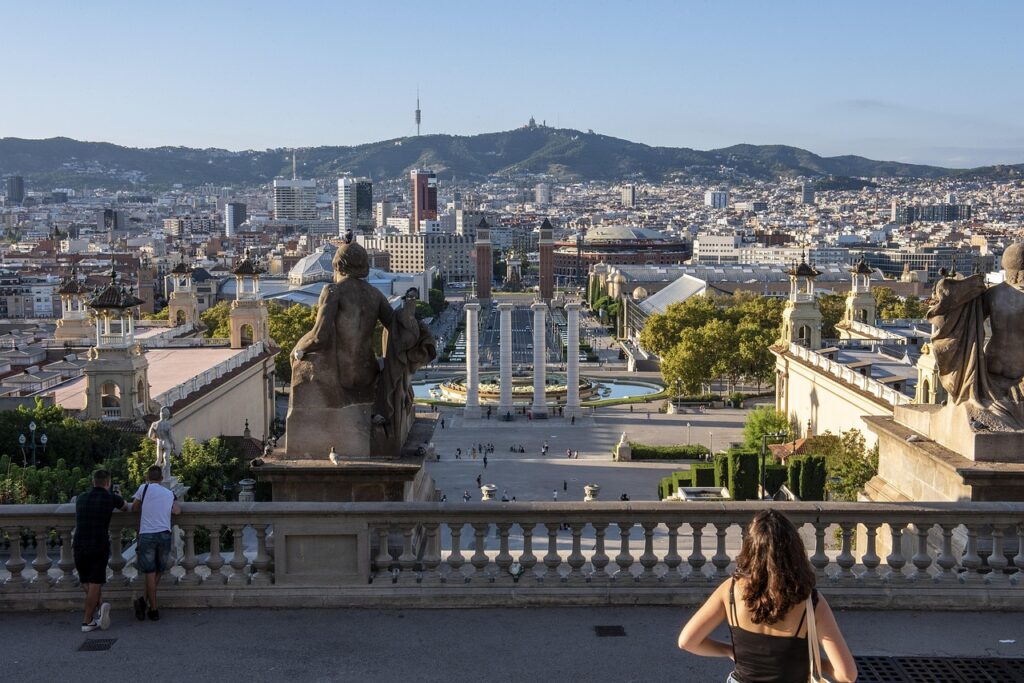
Barcelona’s cultural imprint stretches far beyond its Mediterranean setting. The city’s architecture, led by Antoni Gaudí’s creations, has influenced design globally. Its passion for football, embodied by FC Barcelona, unites fans worldwide, proving how sports can be part of global culture. The city also thrives as a creative hub for design and visual arts, with festivals and exhibitions that set international trends. Its Catalan cuisine and food markets inspire chefs globally, blending tradition with innovation. Barcelona’s lifestyle, centered on outdoor living and celebration, has also become an international model for balancing work and leisure in urban spaces.
9. Brazil – Rio de Janeiro

Rio de Janeiro defines vibrancy on a global stage. Its Carnival is one of the most famous cultural celebrations in the world, influencing festivals everywhere. The city’s music, from samba to bossa nova, has shaped global rhythms and continues to inspire musicians. Its natural setting, from beaches to mountains, creates a lifestyle that travelers often seek to replicate. Rio also plays a role in sports culture, having hosted both the World Cup and the Olympics. The combination of celebration, music, and natural beauty makes Rio an enduring symbol of Brazilian identity and cultural influence worldwide.
10. Russia – Moscow
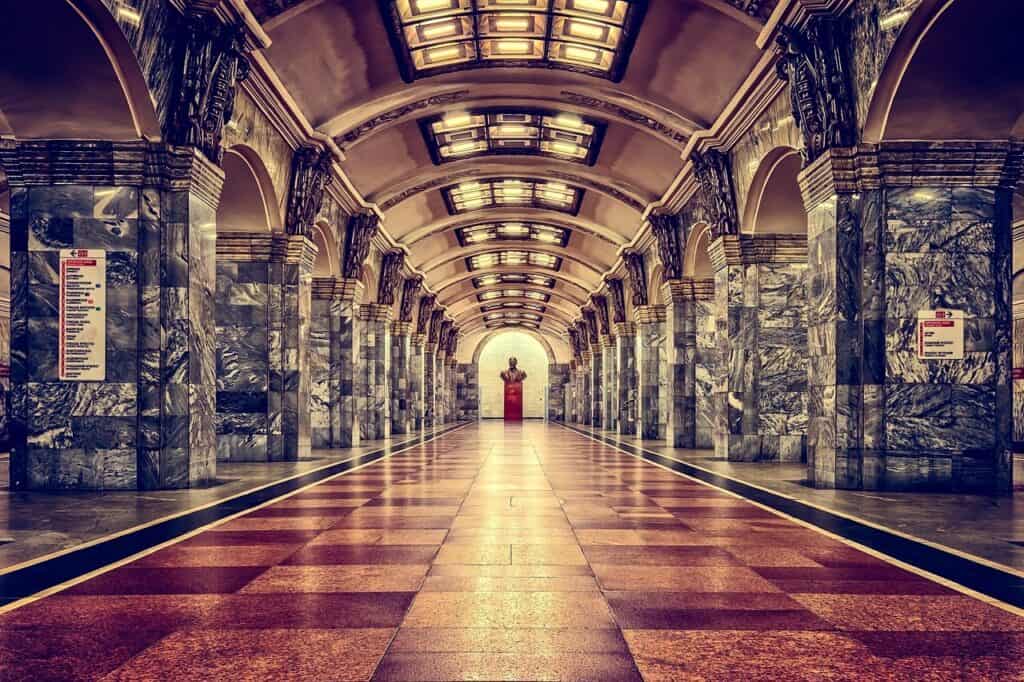
Moscow’s influence extends from politics into culture in ways that cannot be overlooked. The city’s historic landmarks, such as the Kremlin and Red Square, are symbols of power recognized globally. Its ballet institutions, particularly the Bolshoi, are considered the highest standard in performance art. Russian literature and theater continue to inspire creators, and Moscow remains central to these traditions. The city also plays a growing role in film and contemporary art, hosting festivals and exhibitions with international reach. Moscow is both steeped in tradition and actively shaping cultural discussions beyond its borders, ensuring its continued global significance.
11. India – Mumbai
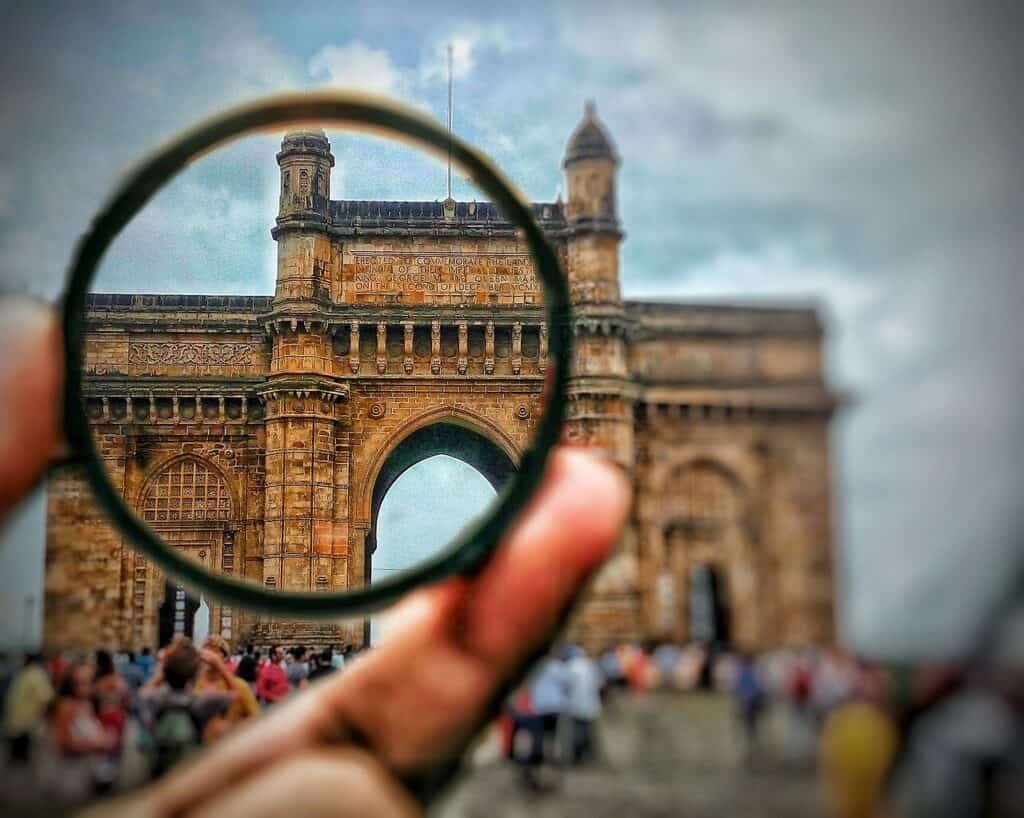
Mumbai is a city of energy and ambition. Known as the financial capital of the country, it also drives culture worldwide through Bollywood. The city’s film industry produces movies that reach global audiences, shaping fashion, music, and even dance styles abroad. Mumbai’s role in finance ensures it stays connected to international markets, while its cultural mix creates a dynamic atmosphere. From street food that has traveled the globe to vibrant festivals like Ganesh Chaturthi, the city exports traditions that resonate across communities. Mumbai is both a cultural engine and a global connector, influencing lives far beyond its coastlines.
12. Turkey – Istanbul
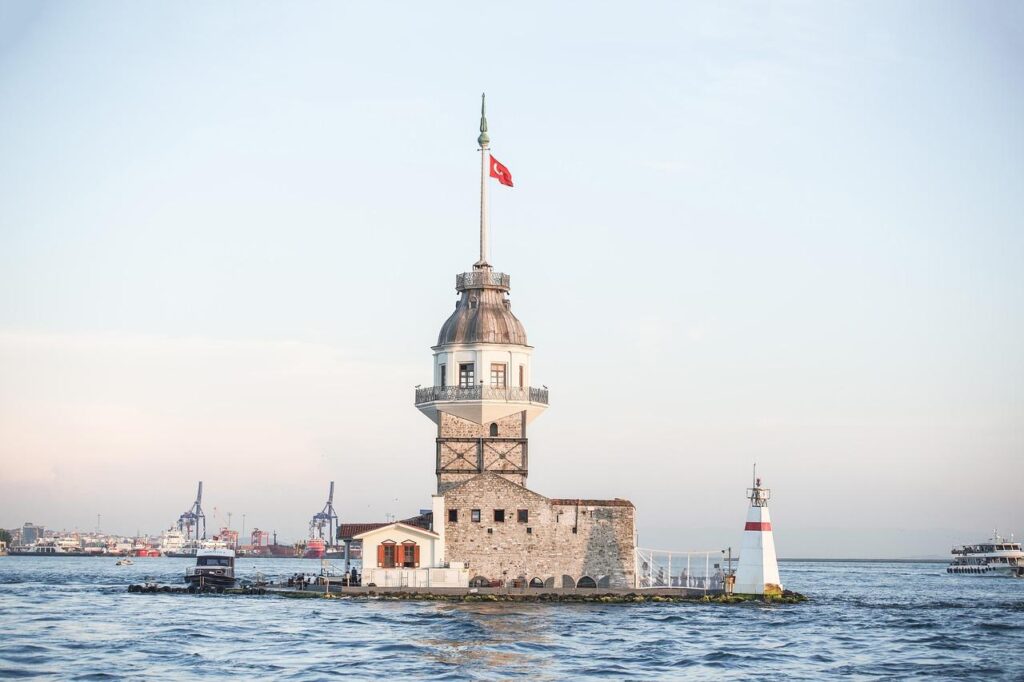
Istanbul is a city that embodies the meeting of continents. Straddling Europe and Asia, it has shaped trade, religion, and culture for centuries. Its skyline, marked by Hagia Sophia and the Blue Mosque, reflects a layered history that continues to inspire architects and historians alike. Istanbul’s bazaars and food traditions have influenced global cuisine, while Turkish music and art find audiences far beyond its borders. The city’s role as a cultural bridge makes it unique, constantly blending influences and exporting them abroad. Istanbul shows how geography and history combine to create lasting cultural impact.
13. Mexico – Mexico City
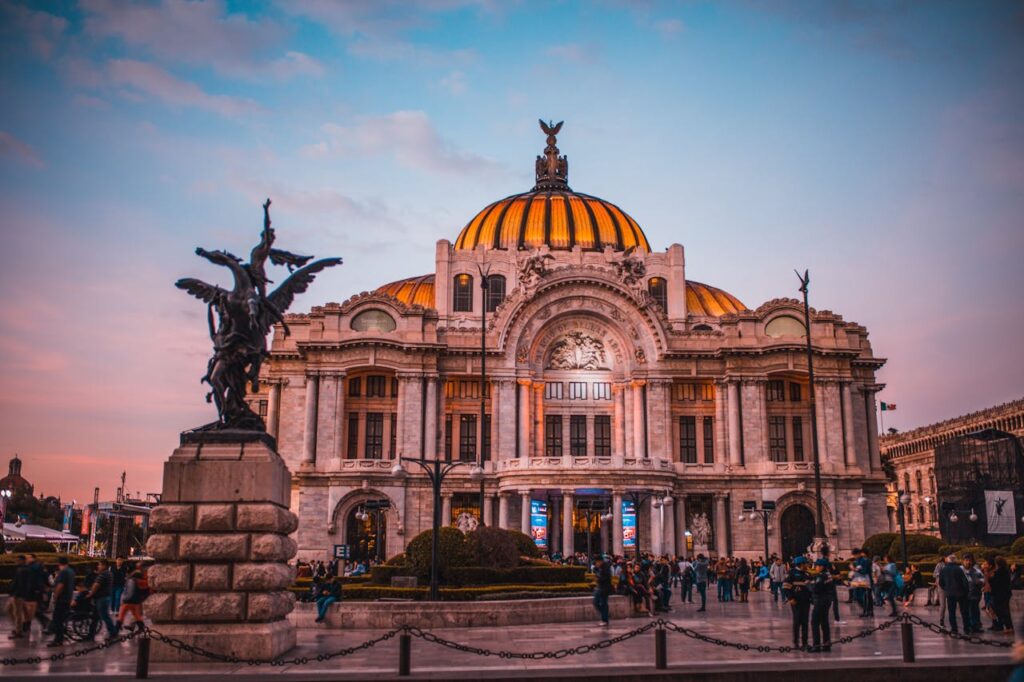
Mexico City is both rooted in history and brimming with modern creativity. Its Aztec past and colonial architecture remind the world of its cultural depth, while its thriving art scene keeps it relevant globally. Museums like Museo Frida Kahlo and Museo Nacional de Antropología attract international audiences. The city is also central to the global recognition of Mexican cuisine, with dishes and flavors influencing chefs worldwide. Its role in music, festivals, and visual arts ensures it continues to shape cultural narratives. Mexico City represents a balance of heritage and innovation that resonates far beyond its borders.
14. Australia -Sydney
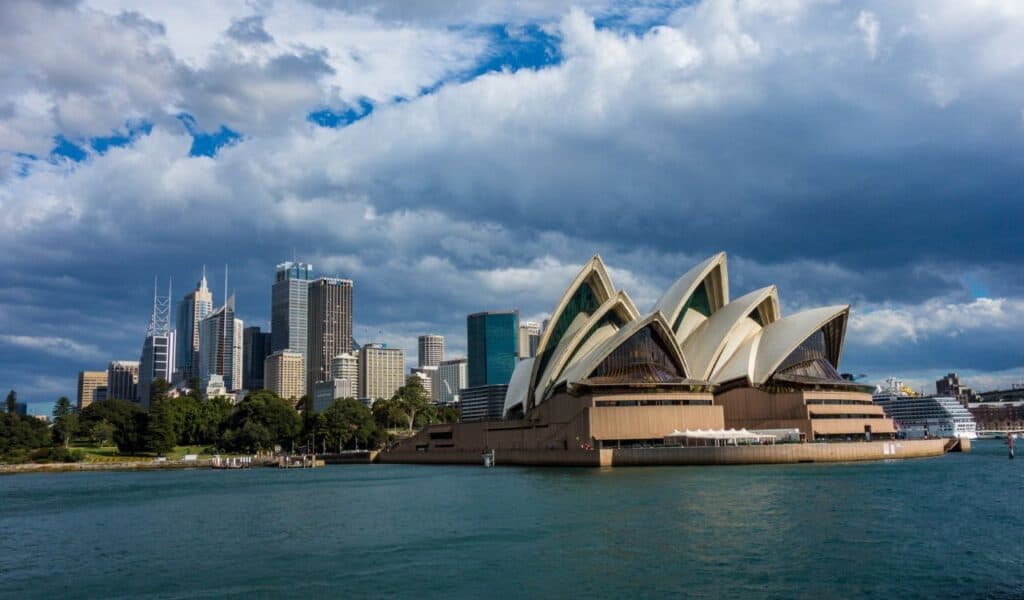
Sydney projects cultural influence through lifestyle, art, and architecture. The Opera House remains one of the most recognized buildings in the world, setting the stage for international performances. Sydney’s beaches and outdoor culture have shaped global ideas about leisure and wellness. Its food scene, influenced by diverse immigrant communities, has also gained worldwide recognition. The city’s role in film and fashion adds to its cultural reach, making it more than a picturesque destination. Sydney continues to show how urban life, natural beauty, and creative industries can combine to influence global culture in lasting ways.
15. South Africa – Cape Town
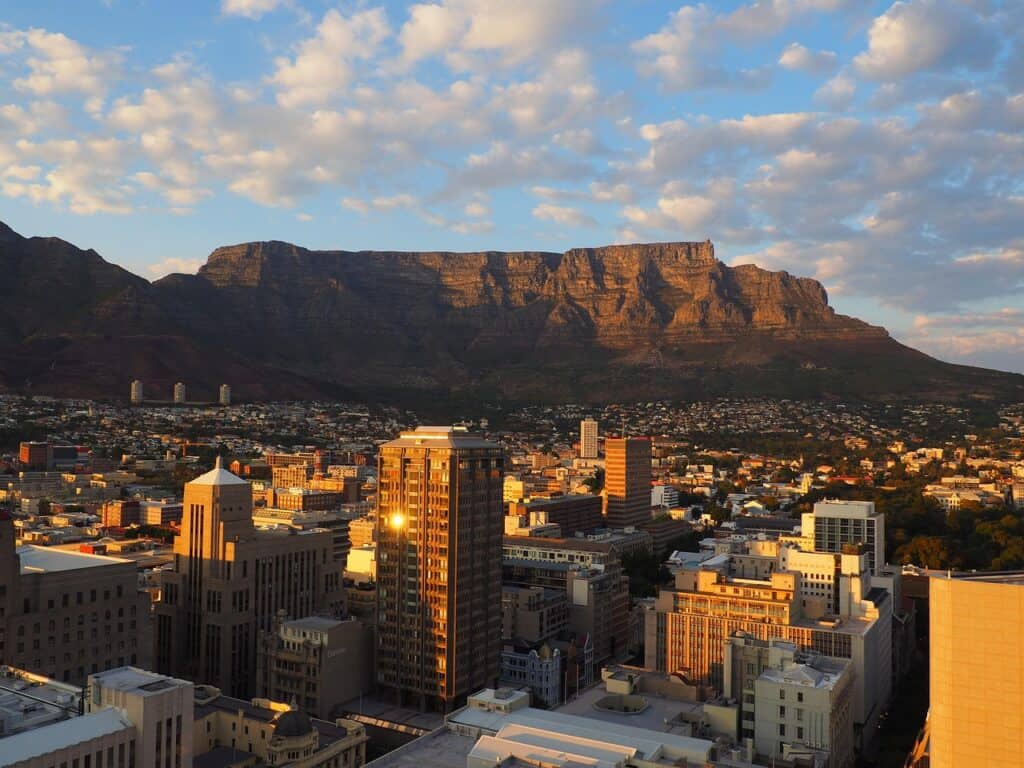
Cape Town is a city of contrasts that speaks to both history and innovation. Its landscape, framed by Table Mountain and ocean views, makes it instantly recognizable, but its cultural weight extends far beyond scenery. The city played a role in global political history through its connection to Nelson Mandela and the fight against apartheid. Today, Cape Town thrives as a hub for art, design, and food that draws international attention. Its unique mix of African traditions and global influences makes it a standout in shaping culture. Cape Town shows how resilience and creativity can impact the world.